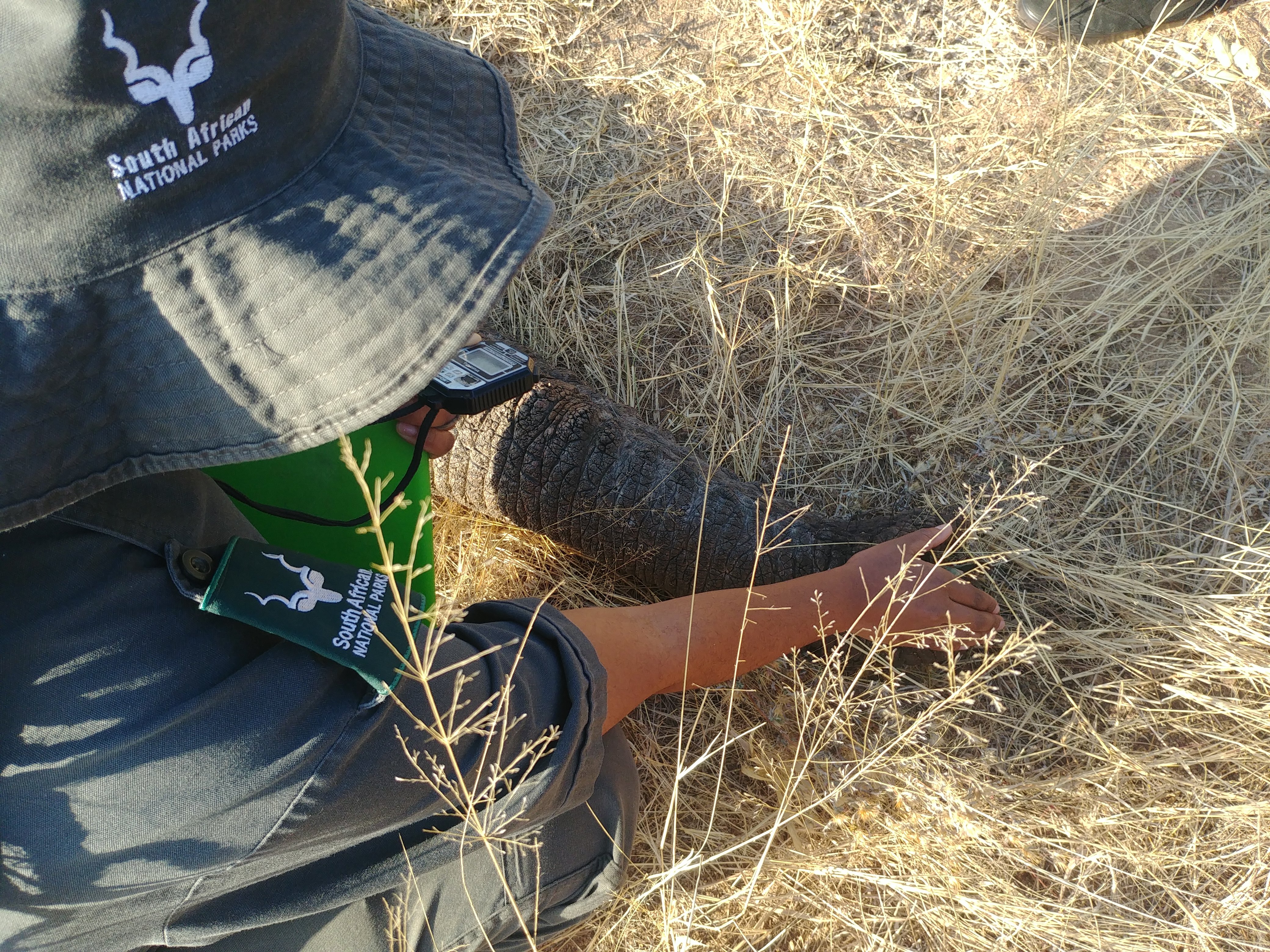While bovine TB is common in several species in the wild, including elephants, the occurrence of human TB in wild animals is considered an anomaly.
However, an elephant was found to have contracted TB from humans in 2016, leading to a research project being launched in South African National Parks (SANParks) in partnership with Stellenbosch University.
According to Doctor, Peter Buss, of the SANParks Veterinary Services, they don’t yet know how the TB virus managed to get to an elephant at all but suspect the elephant might have consumed food or waste left behind in its territory.
“It is only the one case (to date), so It’s actually very difficult for us to predict what may or may not happen,” says Buss.

While several elephants have been tested on an ad hoc basis, 35 elephants have now been tested in the formal research programme.
“The big thinking is not as much a focus on the individual animal as it is on the population and also because TB is a multi-host disease, one that can move between species, there is a concern for other species, including humans, and the environment,” says Professor Michelle Miller from Stellenbosch University.
The elephants that are tested are tracked and darted, and then have their trunks cleaned, lungs washed, and blood samples were taken.
Source:
https://www.jacarandafm.com/news/news/kruger-national-park-testing-elephants-human-tb/
